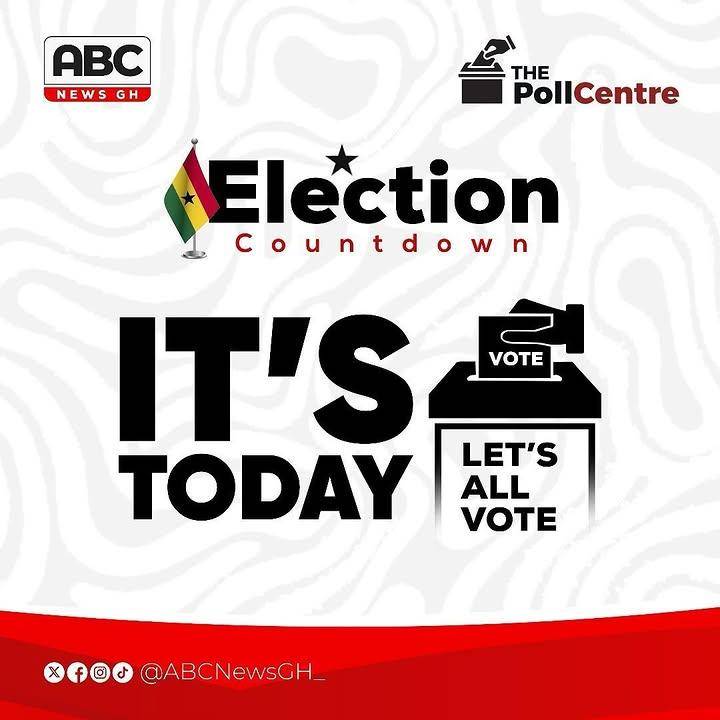Ghana Decides Today.
Today marks a pivotal moment in Ghana’s democratic journey as millions of citizens head to the polls to elect their next president. This election pits two political heavyweights against each other: former President John Dramani Mahama of the National Democratic Congress (NDC) and Vice President Dr. Mahamudu Bawumia of the New Patriotic Party (NPP). Both candidates represent decades of Ghana’s political evolution, but economic and governance challenges make this election one of the most crucial in recent history.
Economic Factors: A Boost for Mahama?
Economic issues are at the heart of the 2024 elections. Ghana has been grappling with rising inflation, debt distress, and a depreciating cedi. Critics argue that the current administration, led by President Nana Akufo-Addo and his Vice President Dr. Bawumia, has struggled to stabilize the economy. This has provided a platform for Mahama to position himself as the candidate capable of reversing these trends. His promises of economic recovery resonate with voters frustrated by high living costs and unemployment.
However, Bawumia, known for his economic acumen, insists that ongoing structural reforms will yield results if given time. His supporters argue that his digitalization initiatives and policies have laid the groundwork for long-term growth. Yet, for many Ghanaians, immediate relief from economic hardships may take precedence over long-term projections.
Challenges Facing the Electoral Commission.
The Electoral Commission (EC) faces mounting challenges as it oversees this high-stakes election. Allegations of voter suppression, logistical issues, and delays in delivering election materials have raised concerns about the integrity of the process. The EC’s ability to conduct a free, fair, and transparent election will be critical in maintaining public trust and avoiding post-election disputes.
The Battle to Break the Duopoly
While the NDC and NPP dominate the political landscape, smaller parties like the The New Force, Movement For Change, Progressive People’s Party (PPP) and the Convention People’s Party (CPP) are striving to break the duopoly. These parties have focused on grassroots campaigns, advocating for an alternative vision for Ghana’s future. However, their impact remains limited, as the electorate continues to favor the familiar stability offered by the two major parties.
Who is Likely to Win?
Polls suggest a tightly contested race, with Mahama gaining momentum due to economic grievances and a desire for change. However, Bawumia’s appeal to the youth and his policy achievements cannot be underestimated. The final outcome will hinge on voter turnout and the EC’s management of the process.
As Ghana decides today, the world watches. The stakes are high, and the result will shape the nation’s trajectory for years to come.



No comments yet
Be the first to share your thoughts!